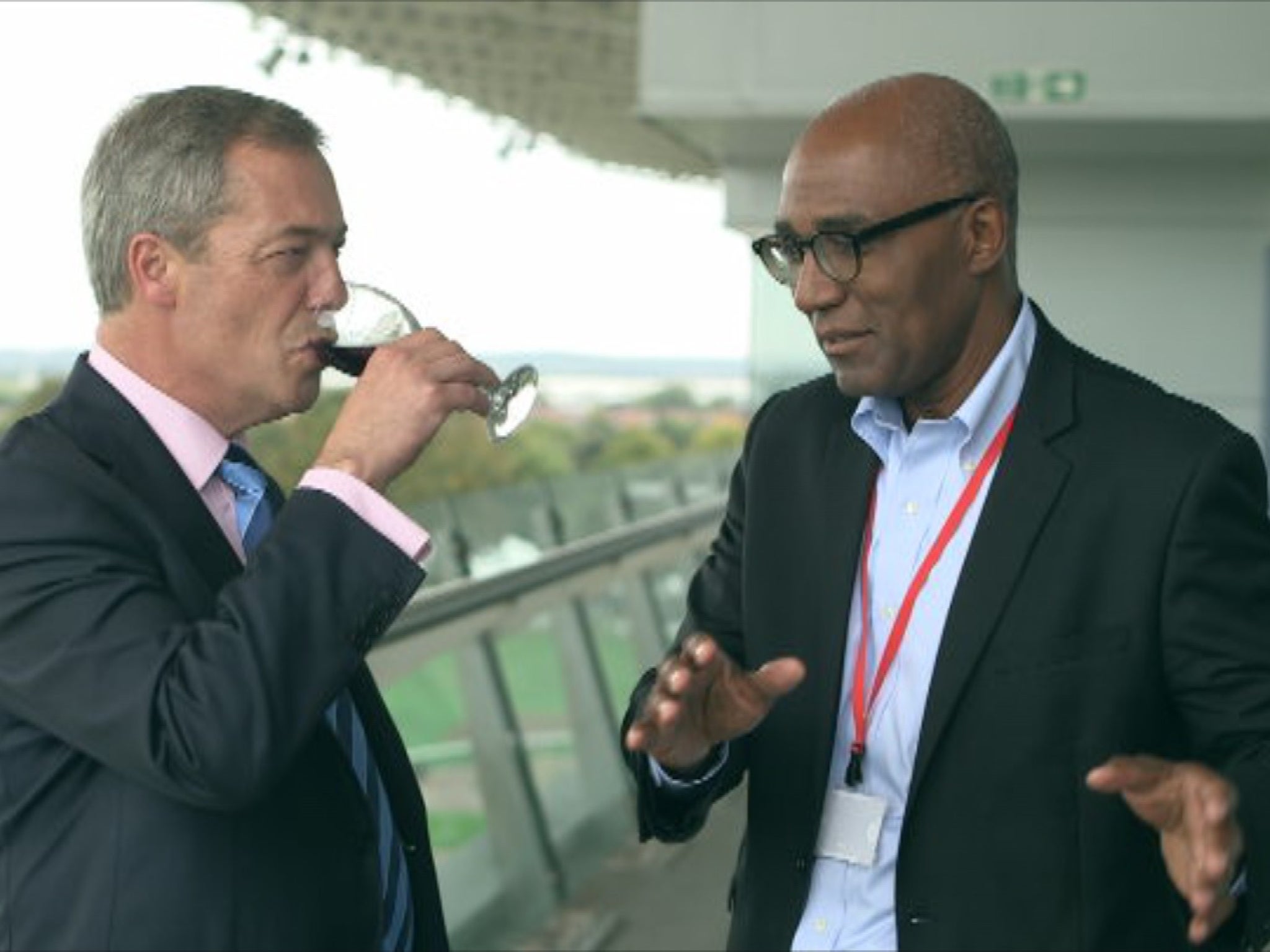The UK must talk about race, no matter how uncomfortable or complicated it may be
A simplistic approach will never help us to tackle our country's toughest issues

Trevor Phillips' documentary last night attempted to address our fears at discussing race, and how the debate has been melted down into two increasingly simple camps.
As the programme showed, when it comes to race relations in the UK, we’ve reached a point where you're either a racist/Ukip sympathiser, or you're part of the liberal elite who sees problems with immigration and race the preserve of “bigots” or “fruitcakes, loonies and closet racists”.
But the topic is far more complex than just two camps. It happens all the time: after the Charlie Hebdo murders, our entire discussion became focused on the simple divide between freedom of speech versus anti-freedom of speech. It was far more difficult for Europeans to talk about the failures of foreign policy and multiculturalism. That's too close to the bone. That is not a simple answer.
However, just because it’s not simple, it doesn’t mean we should ignore it. Yet many people seem intent on doing this. As the documentary demonstrated, Phillips experienced a huge backlash when he said in 2007 that Britain was “sleepwalking to segregation”. Politicians were quick to put down his comments. But just look at somewhere like Leicester: two-thirds of the eastern side of the city is British and white; the western side is two-thirds British and Asian. It's segregation.
And this isn’t the only uncomfortable truth. As Phillips shows throughout his documentary, there are many more. And it’s good for him to bring these “facts” up. It only comes across as racist to mention such information because it seems to be stigmatising a whole community.
But because of the unmentionable segregation that exists, and the failure of multiculturalism, we’re unable to actually understand how it works, or what the people in these segregated communities actually think. The very reason we are talking about these people is the reason we are unable to reach them.
So what do we do? Lessons can be drawn from the USA. Yes, they obviously have their own fair share of problems, especially when it comes to the institutional racism within their police forces. But at the same time, there is a much more open discussion of race and immigration in America.
Here the Labour party tells its candidates to move the conversation on when it comes to immigration. But in America, politicians from both sides address it head on. Consequently, politicians are always thinking about ways they can actually appeal to certain communities, especially when it comes the rapidly growing Hispanic population.
They've understood that for a democracy to work (and to actually get elected), the first step is to actually recognise the needs of different people. And this requires facing up to facts that might be uncomfortable. The question is: do we dare to do the same?

Join our commenting forum
Join thought-provoking conversations, follow other Independent readers and see their replies